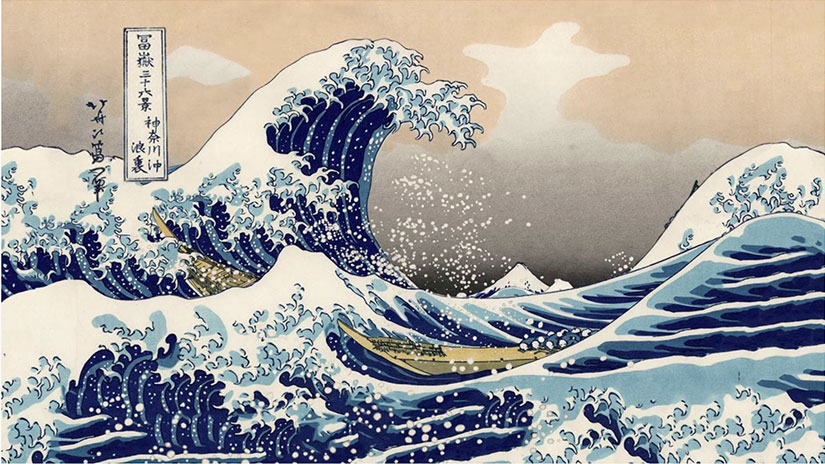
Loading Article
Happiness Produces the Best Work
It might sound like a manifesto, but we’ve learned it’s true. It’s also often easier to talk about being happy at work than it is to actually be happy at work.
Here are a few of the practices we’re using to keep happiness real—and do our best work:
- Prioritizing things we love. In a small business like Sailshaker, we stand a real danger of being “on the clock” all the time. So “me time” is something we work into our schedules deliberately. Sitting in a peaceful spot in the park, swimming at lunch, or laughing at a Louis CK video is sometimes all it takes to recharge.
- Monotasking. Doing too many things at once usually means we’re not doing any of them as well—or as efficiently—as we could. And it leads to feeling harried (or worse). So we avoid the urge to multitask or let the constant ping of emails, texts and calls distract us from the work at hand. We feel a sense of accomplishment from really completing each task. Our clients see the difference in deliverables that are thorough and on point.
- Taking a step back. Simple mindfulness reminds us that we may be holding onto the pen—or an idea—too tightly. And, honestly, that we might be applying too much force elsewhere, too. Pausing and trying to be present in the moment can mitigate clenching and drama.
- Showing appreciation. When we feel respected, there’s nothing we can’t do. We rely on each other to get our jobs done; we’re truly interconnected. That’s why we place loads of importance on saying “thank you” (and meaning it), or taking a few moments to recognize individual contributions and celebrate collective achievements.
- Learning when to stop. Smart thinking doesn’t come from slogging into the wee hours; it comes from having an expanse of time to let ideas breathe and see what resonates with each of us. So we make a real effort to end the workday at a reasonable time, power down and let the subconscious work its magic.
- Staying grounded. We’ve found the best way to transcend the “grind” is to surround ourselves with people—colleagues and clients—who reflect the kind of energy we’re trying to put out into the world. This kinship reminds us why we love spirited collaboration and problem-solving.
Above all, we try to remember that our work lives are only part of our whole lives—an important part—but not everything. That perspective lets us remember that the work part of our lives is of our own making.






































Comments (0)